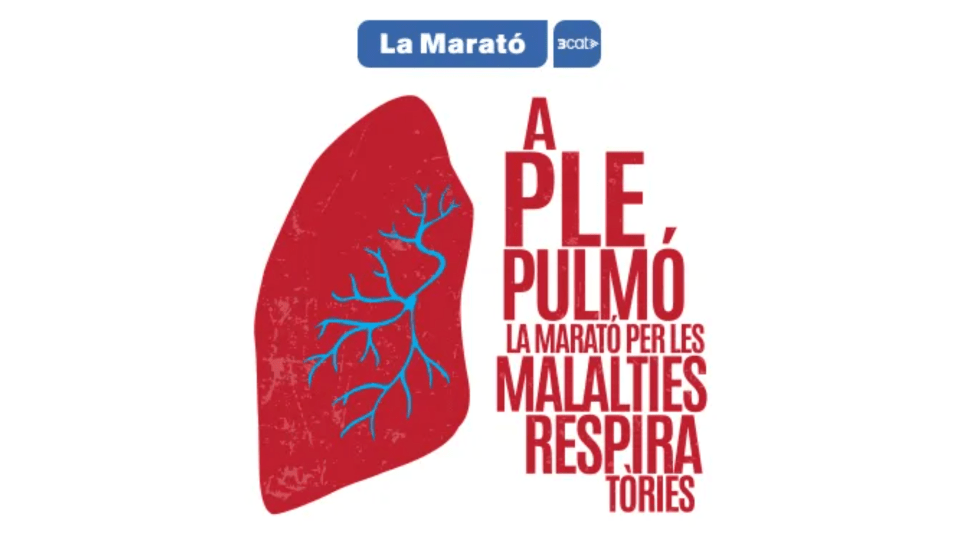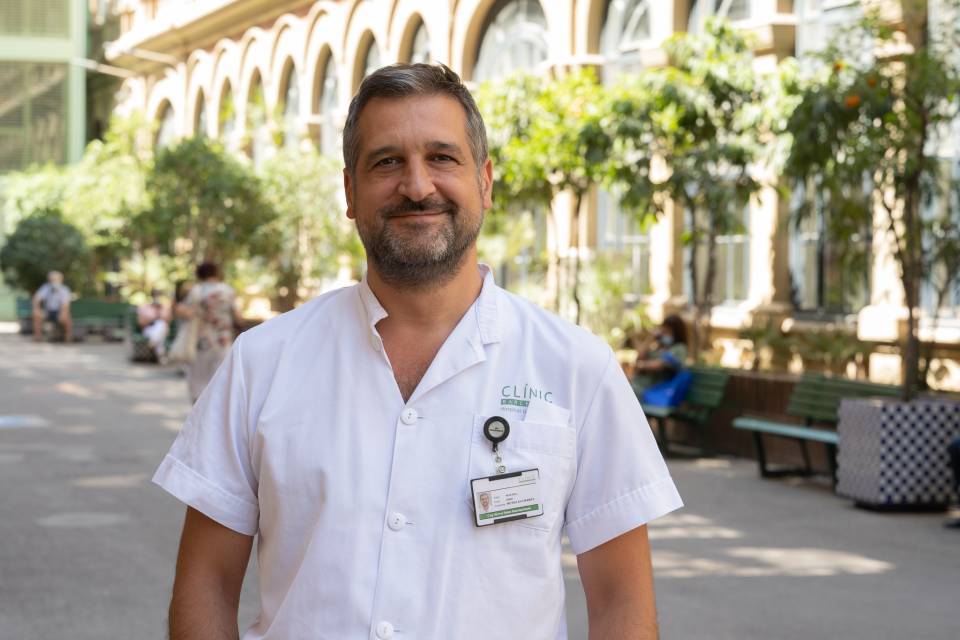Research - International Health Service
ISGlobal consolidates a node of excellence based on research and medical care that originated in the Hospital Clínic and the University of Barcelona and has accumulated over 35 years of experience in the field of global health. In this way, the healthcare aspect of imported tropical diseases at the Hospital Clínic is reinforced by ISGlobal’s work, which addresses the main challenges in global health, not only through the knowledge generated by research, but also through the transfer of this knowledge to society.
The International Health Department’s research work is based on three main lines of research: 1) Neglected tropical diseases, 2) Malaria, dengue and other emerging diseases, and 3) Rapid diagnostic tests.
Neglected tropical diseases. The main areas of work are Chagas disease, and helminthiasis:
- Helminthiasis. The main focus of the work is infection control and the interruption of transmission in sub-Saharan Africa, through the development and evaluation of new drugs and interventions for disease control, and the assessment of the impact of improvements in water, sanitation and hygiene. The main diseases treated are soil-transmitted helminthiasis, strongyloidiasis and cysticercosis. The main countries where work is being carried out in this field are Mozambique, Ghana, Tanzania, Zambia and Kenya.
- Chagas disease. The infection load and the disease in Latin American individuals from endemic areas, routes of transmission in non-endemic areas, and potential biomarkers of disease progression and therapeutic efficacy are being studied. Studies related to the cardiac and gastrointestinal complications of the disease have also been conducted in collaboration with the Cardiology, Gastroenterology and Radiology Departments.
Malaria, dengue and other emerging diseases. Our group is working to find new treatments and control strategies for malaria and dengue, two of the most important mosquito-borne diseases in tropical areas. We also have a working area on the surveillance and prediction of emerging diseases, through digital health and artificial intelligence, in order to predict, monitor and control those diseases that may cause global health problems in the future.
Rapid diagnostic tests: Our group develops sensors based on new technologies and integrating aptamers and graphene, to develop new rapid diagnostic tests for diseases that represent a global health problem, such as malaria and strongyloidiasis.
The International Health Department’s research activity implemented by ISGlobal is approached from a global perspective. We collaborate with all Spanish and European groups that are part of the RICET (ISCIII) and TROPNET (European Network for Imported Infectious Disease Surveillance) networks.


